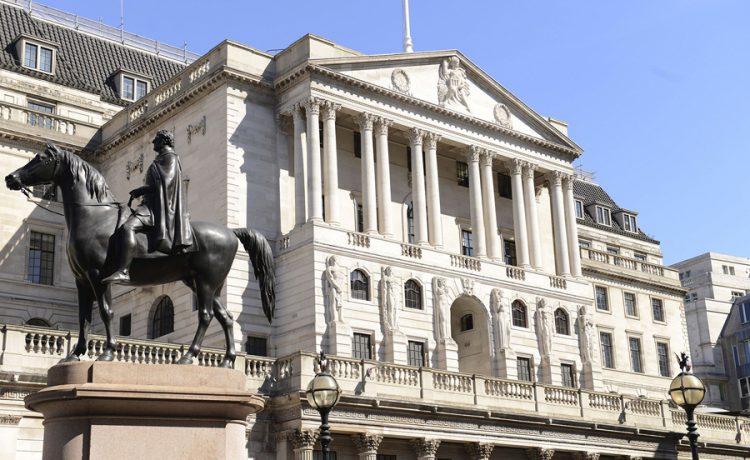As one of the oldest central banks in the world, the Bank of England holds a prominent position in the United Kingdom’s financial system and plays a pivotal role in shaping monetary policy, maintaining financial stability, and supporting economic growth. Established in 1694, the Bank of England has evolved over centuries to adapt to changing economic landscapes and emerging challenges. Here’s what experts such as Kavan Choksi have to say about the history, functions, and significance of the Bank of England in the UK economy.
The Bank of England was founded by a group of private bankers and merchants to provide financial support to the government during a time of war and economic crisis. Initially established as a private institution, the bank was granted a royal charter by King William III to act as the nation’s central bank and lender of last resort. Over time, the Bank of England assumed increasingly important roles in managing the nation’s currency, regulating the banking sector, and overseeing monetary policy.
One of the primary functions of the Bank of England is to formulate and implement monetary policy to achieve price stability and support sustainable economic growth. As the UK’s central bank, the Bank of England is responsible for setting the nation’s official interest rate, known as the Bank Rate or base rate. Changes in the Bank Rate influence borrowing costs, consumer spending, investment decisions, and inflationary pressures, making monetary policy a powerful tool for steering the economy.
In addition to setting interest rates, the Bank of England implements monetary policy through open market operations, which involve buying and selling government securities to influence the supply of money and credit in the economy. By adjusting the supply of money and credit, the Bank of England can influence borrowing and spending behavior, control inflation, and stabilize financial markets during periods of economic turbulence.
The Bank of England also plays a crucial role in maintaining financial stability and safeguarding the integrity of the UK’s financial system. As the UK’s prudential regulator, the Bank of England oversees banks, building societies, and other financial institutions to ensure they operate safely and soundly. The bank conducts regular stress tests and risk assessments to identify vulnerabilities in the financial system and take preemptive measures to mitigate systemic risks.
Moreover, the Bank of England serves as the issuer of banknotes and the custodian of the nation’s gold reserves, providing a secure foundation for the UK’s monetary system. The bank is responsible for designing and producing banknotes, ensuring their integrity and authenticity, and distributing them to banks and businesses across the country. Additionally, the Bank of England manages the UK’s foreign exchange reserves and gold holdings to support the stability of the currency and safeguard national wealth.
In recent years, the Bank of England has faced new challenges and uncertainties, including the aftermath of the global financial crisis, Brexit, and the COVID-19 pandemic. During times of crisis, the bank has taken decisive action to support the economy and financial markets, implementing unconventional monetary policy measures such as quantitative easing and providing liquidity support to banks and businesses.
Looking ahead, the Bank of England remains committed to its mandate of maintaining price stability, supporting economic growth, and safeguarding financial stability. As the UK navigates through a period of economic transition and uncertainty, the Bank of England will continue to play a central role in shaping monetary policy, regulating the financial system, and ensuring the resilience of the UK economy.
In conclusion, the Bank of England stands as a cornerstone of the UK economy, with a rich history and a vital role in shaping monetary policy, maintaining financial stability, and supporting economic growth. From its humble beginnings as a private institution to its current status as the nation’s central bank, the Bank of England continues to adapt and evolve to meet the challenges of the modern economy, demonstrating its enduring importance in the UK’s financial system.













